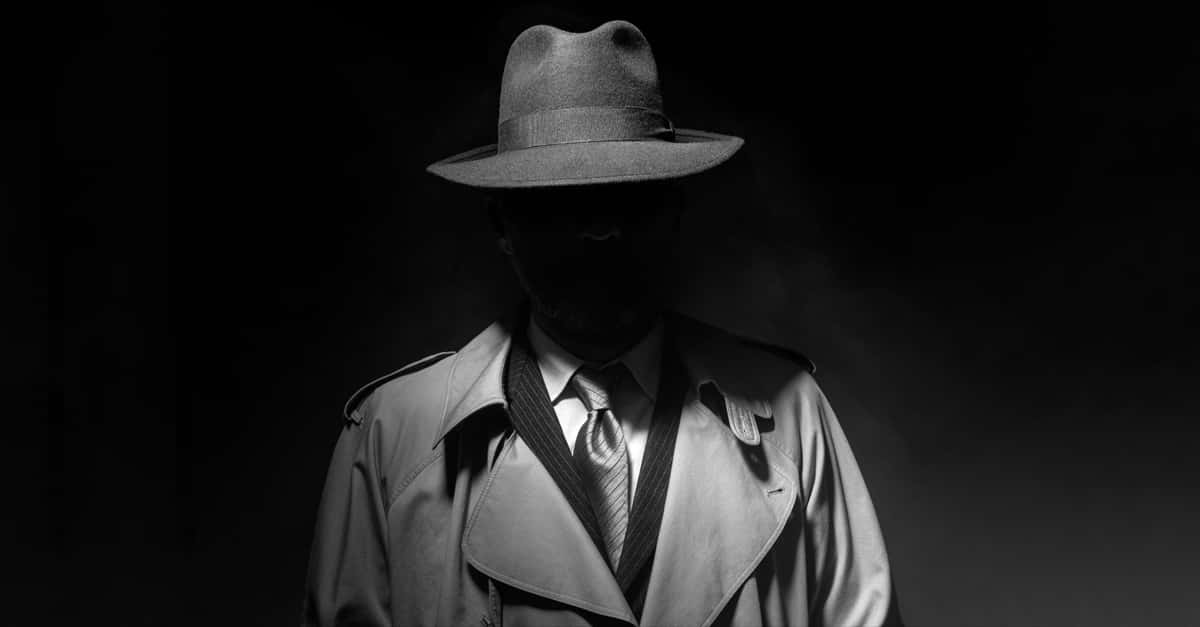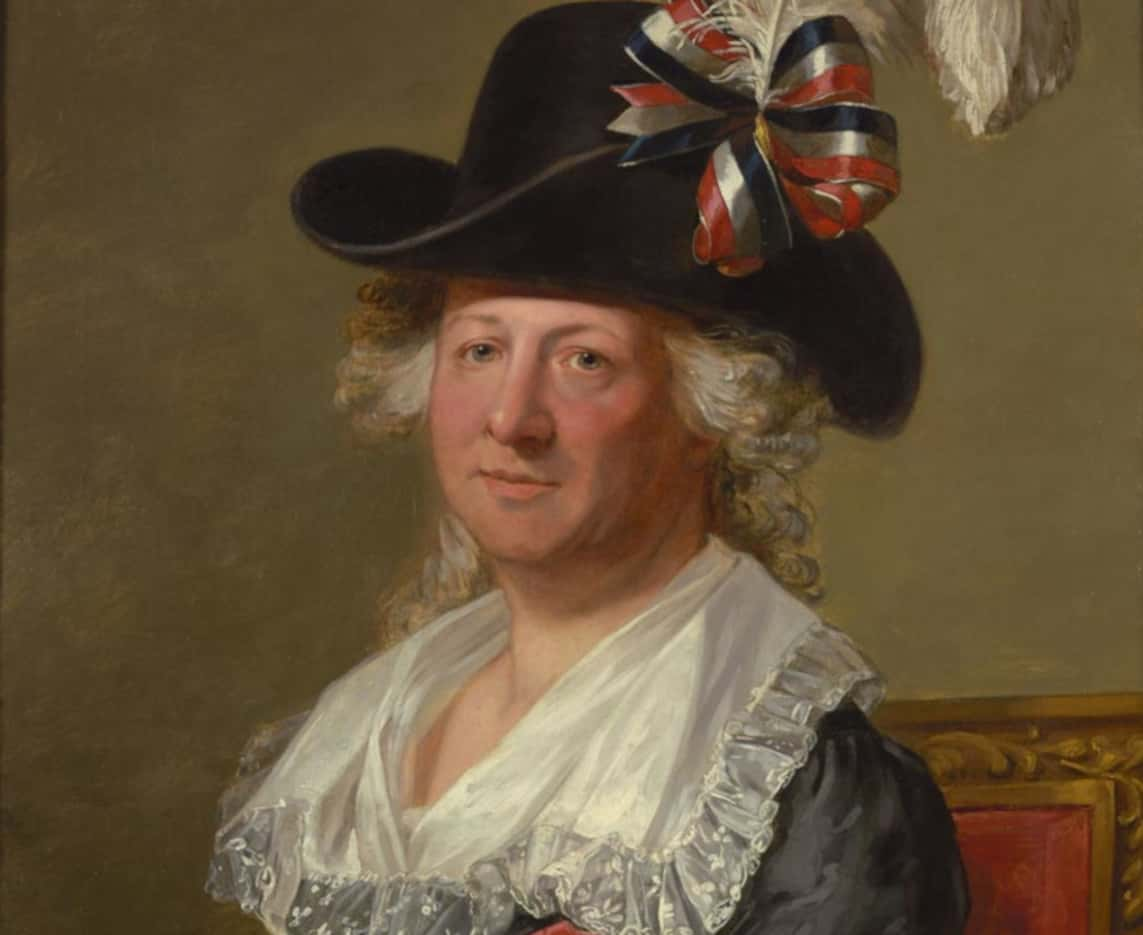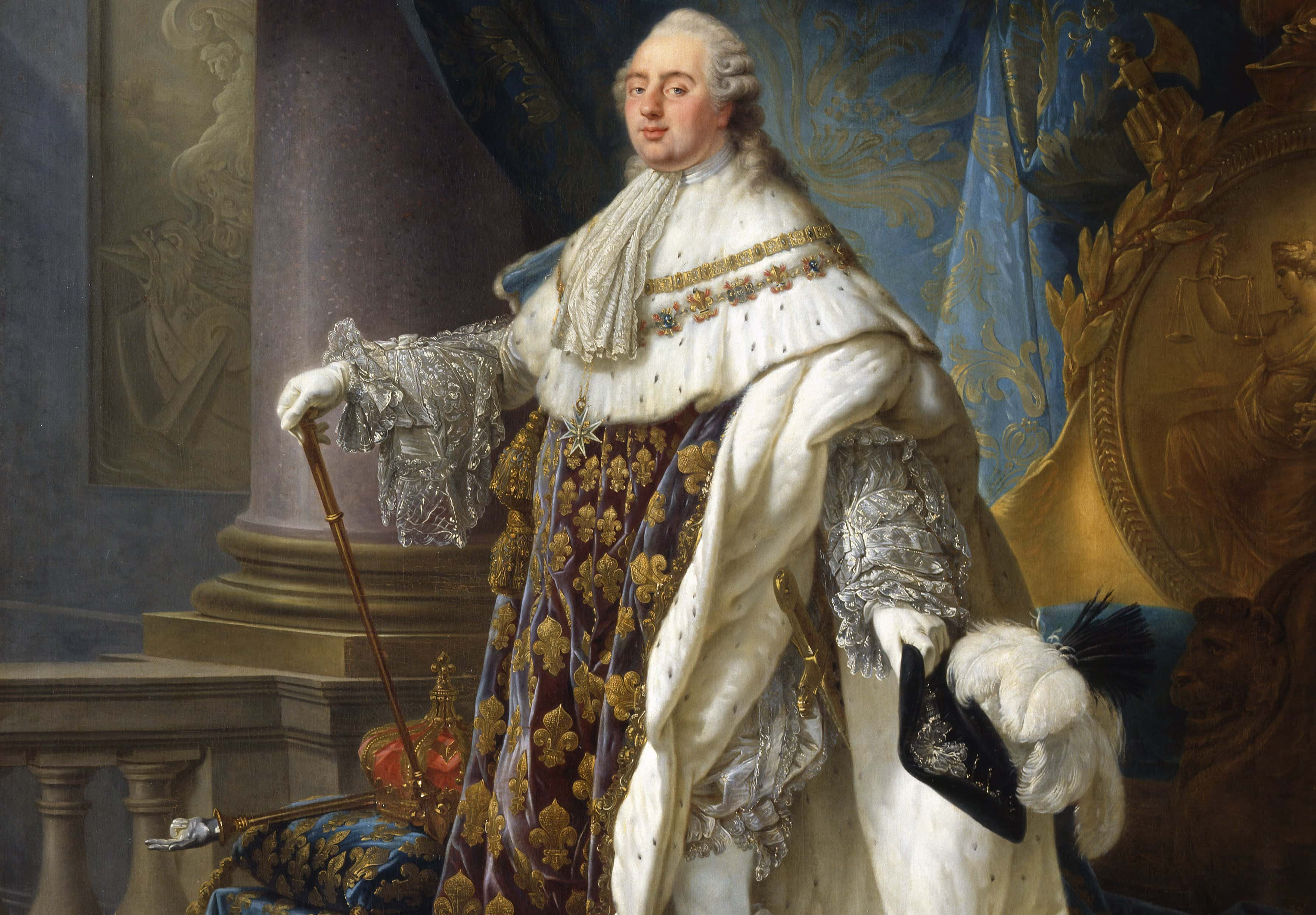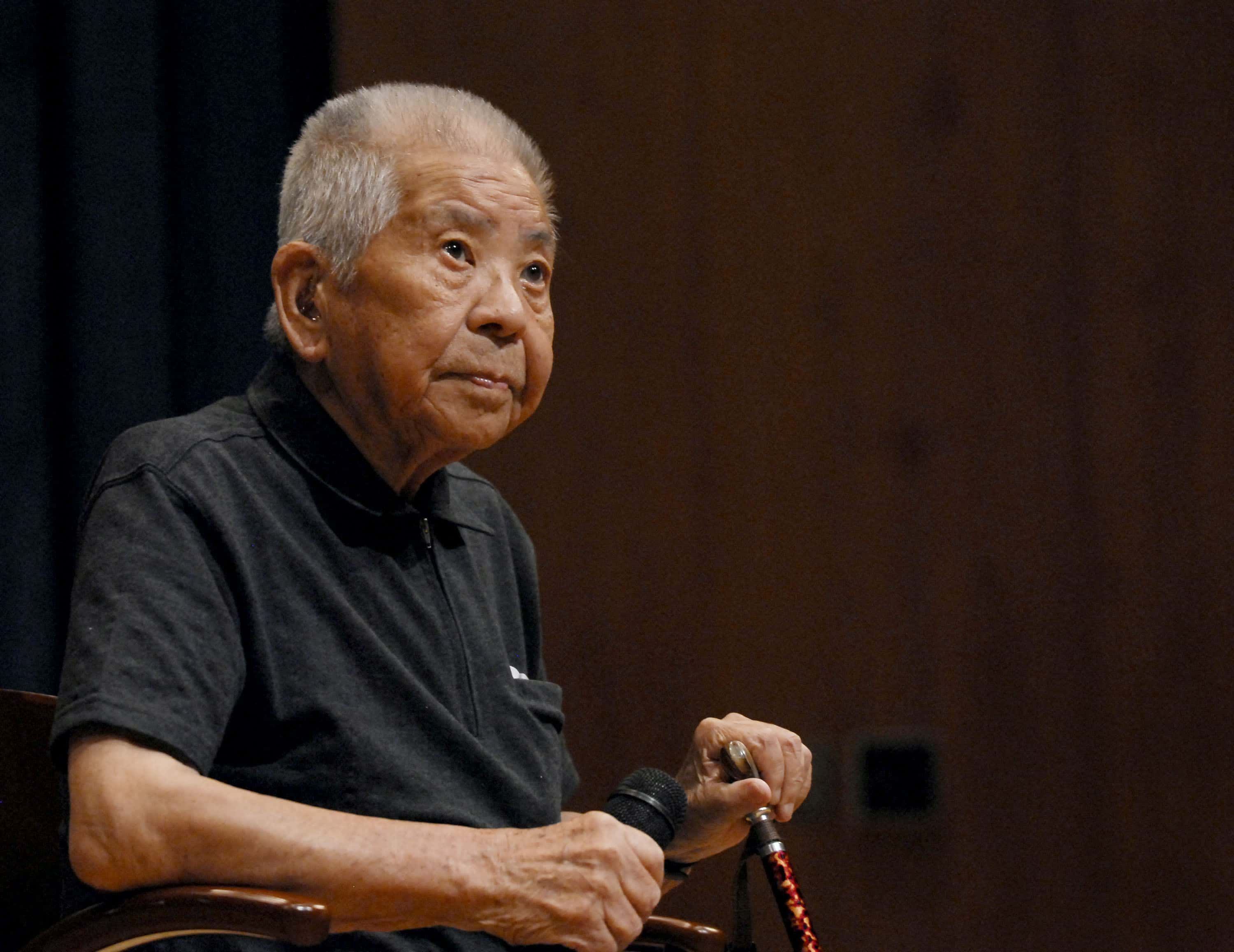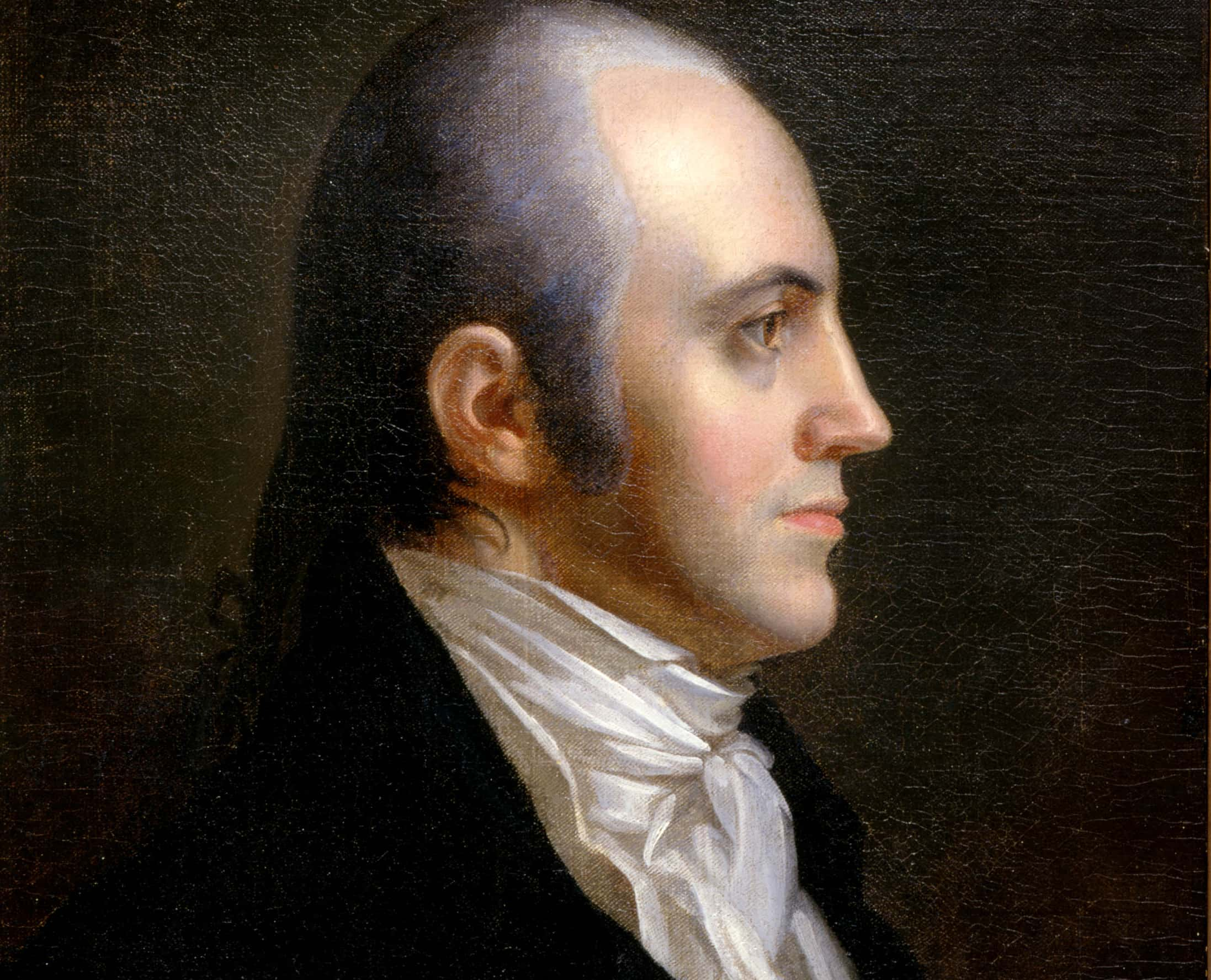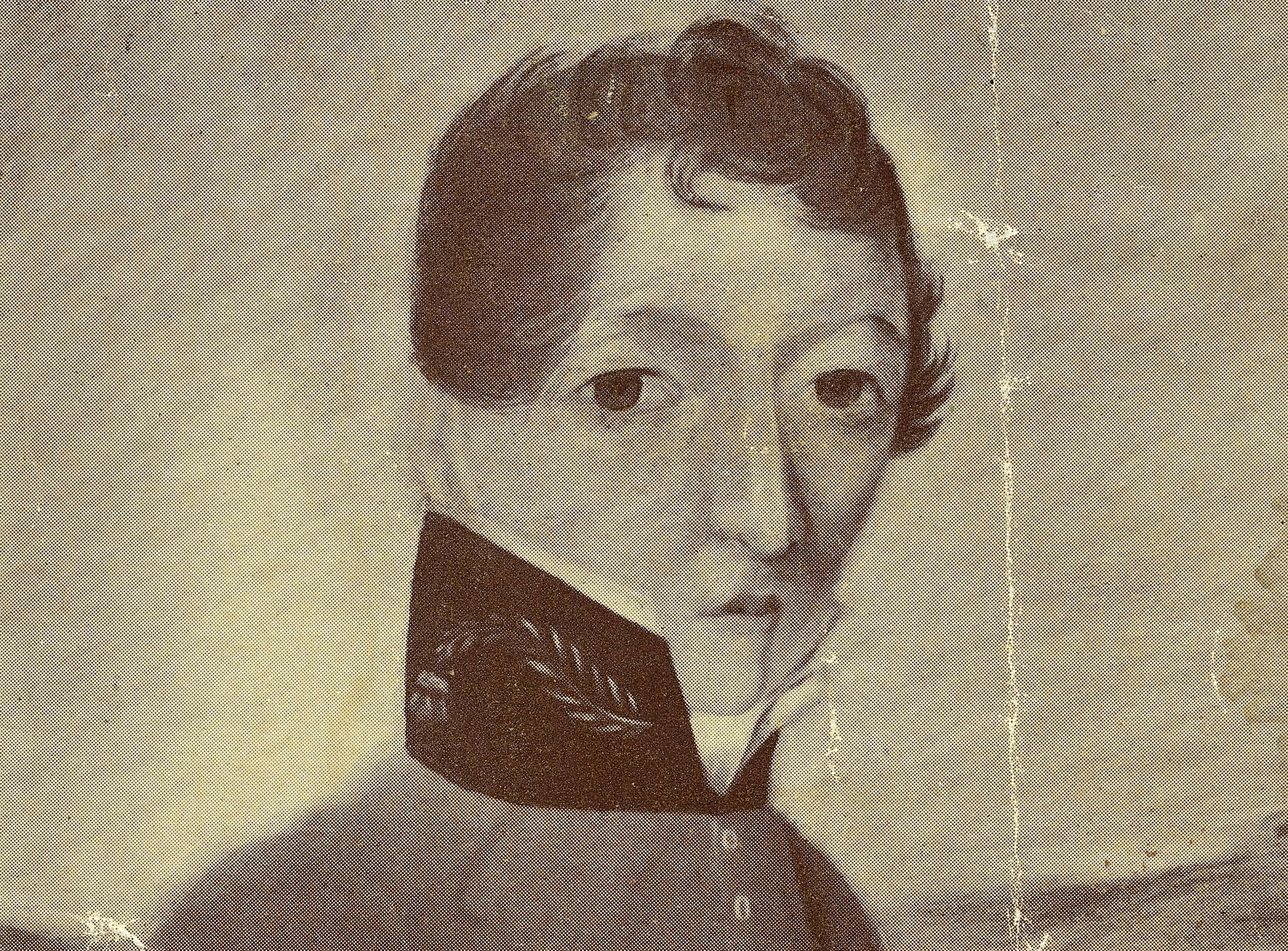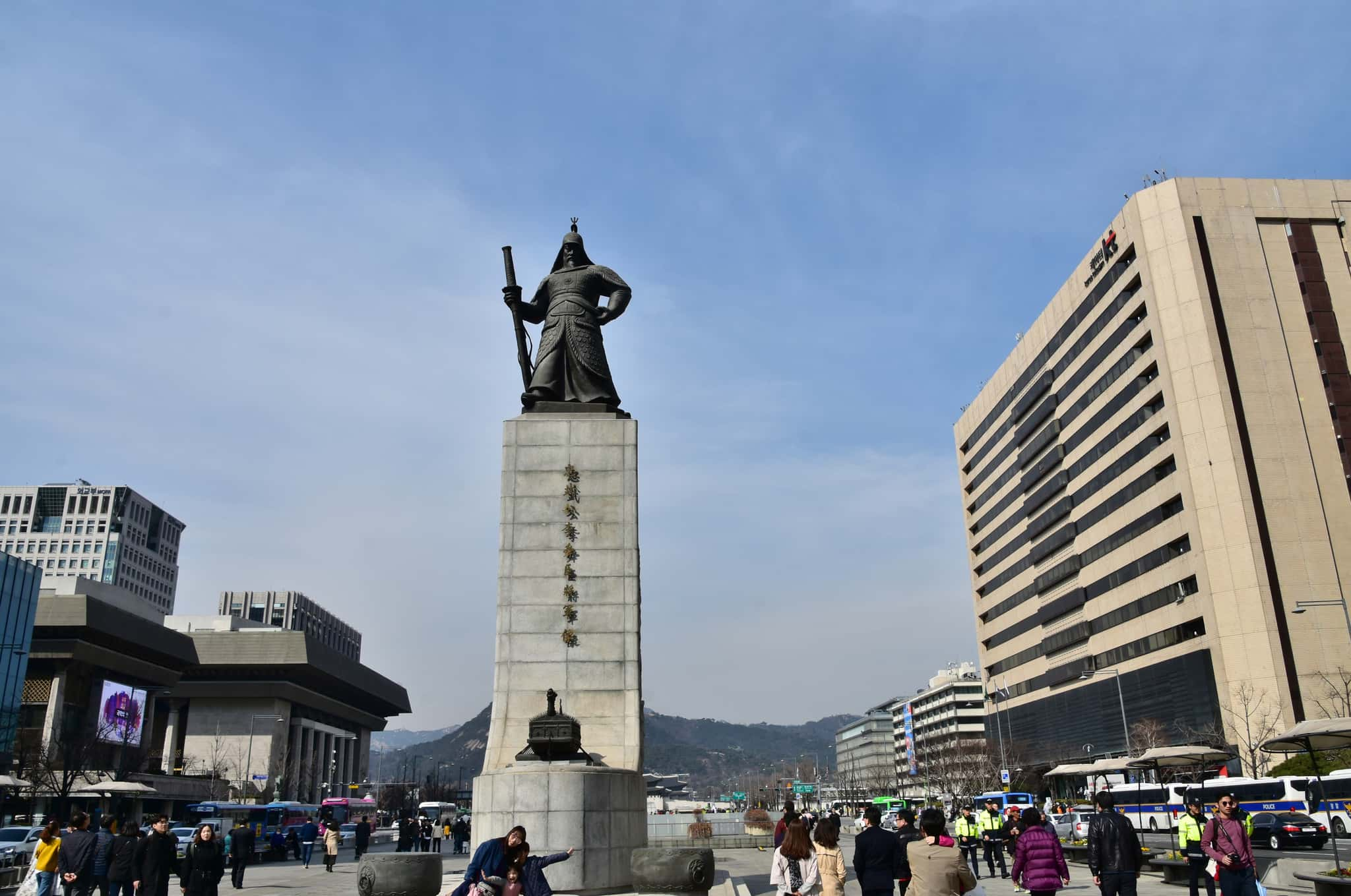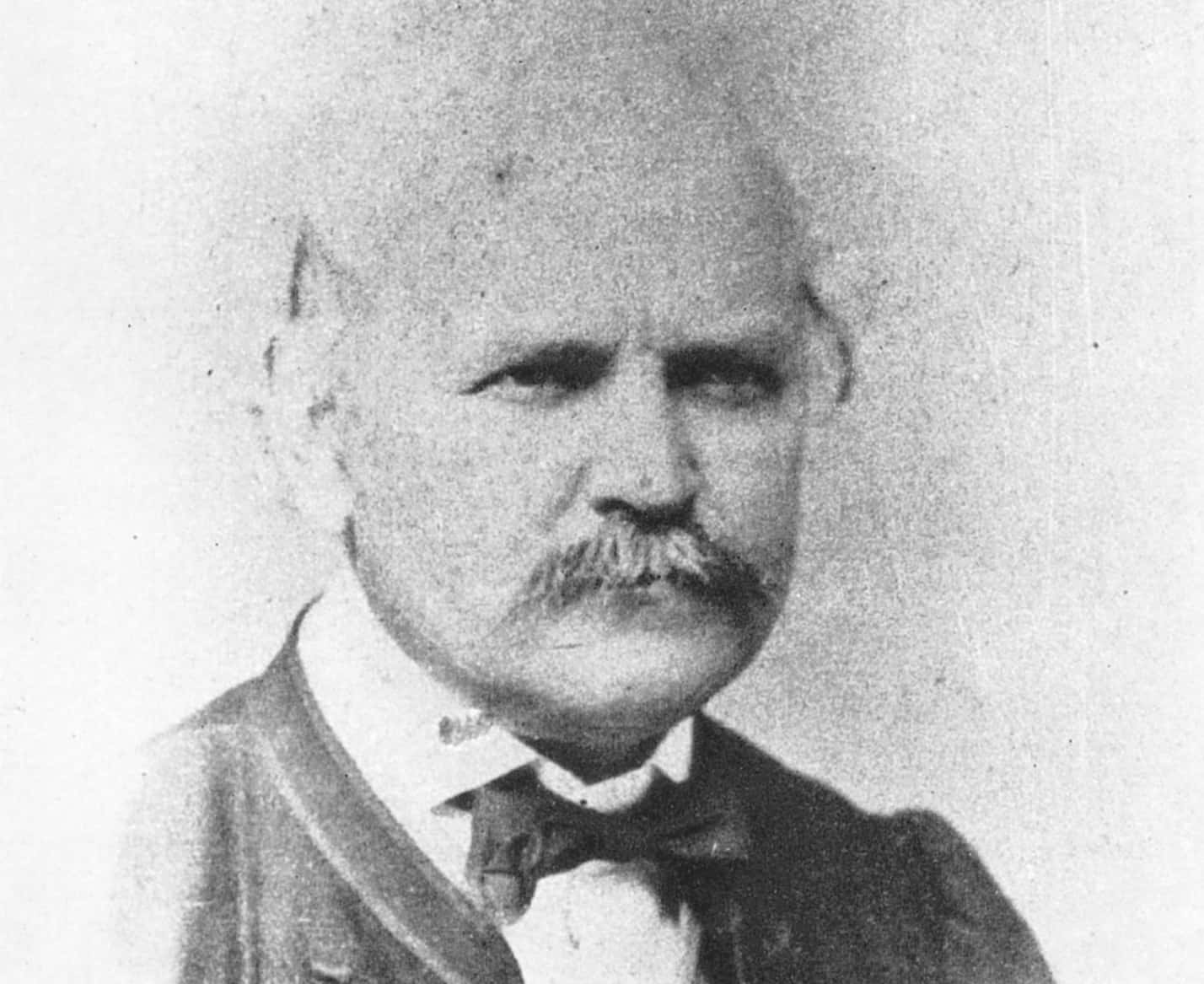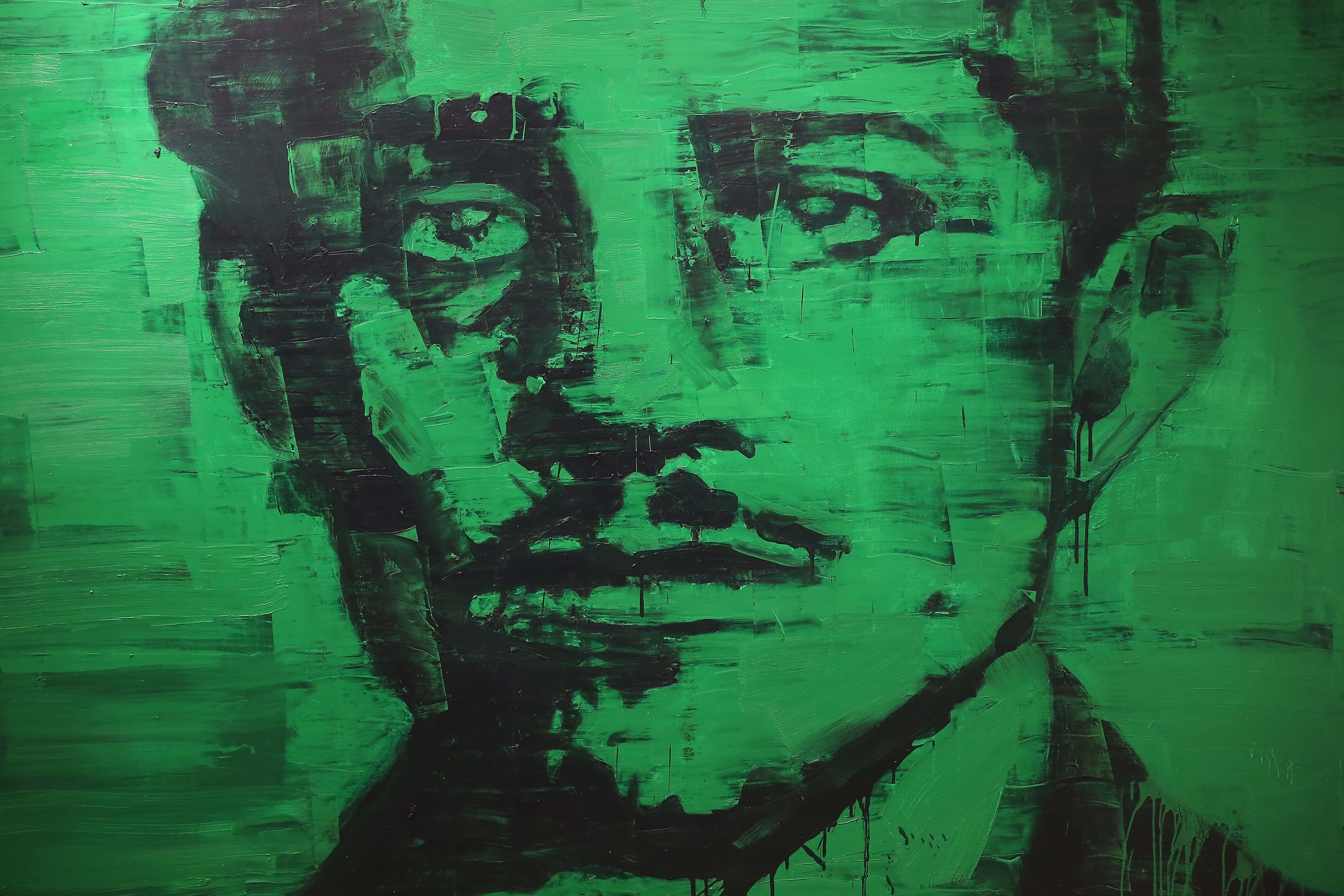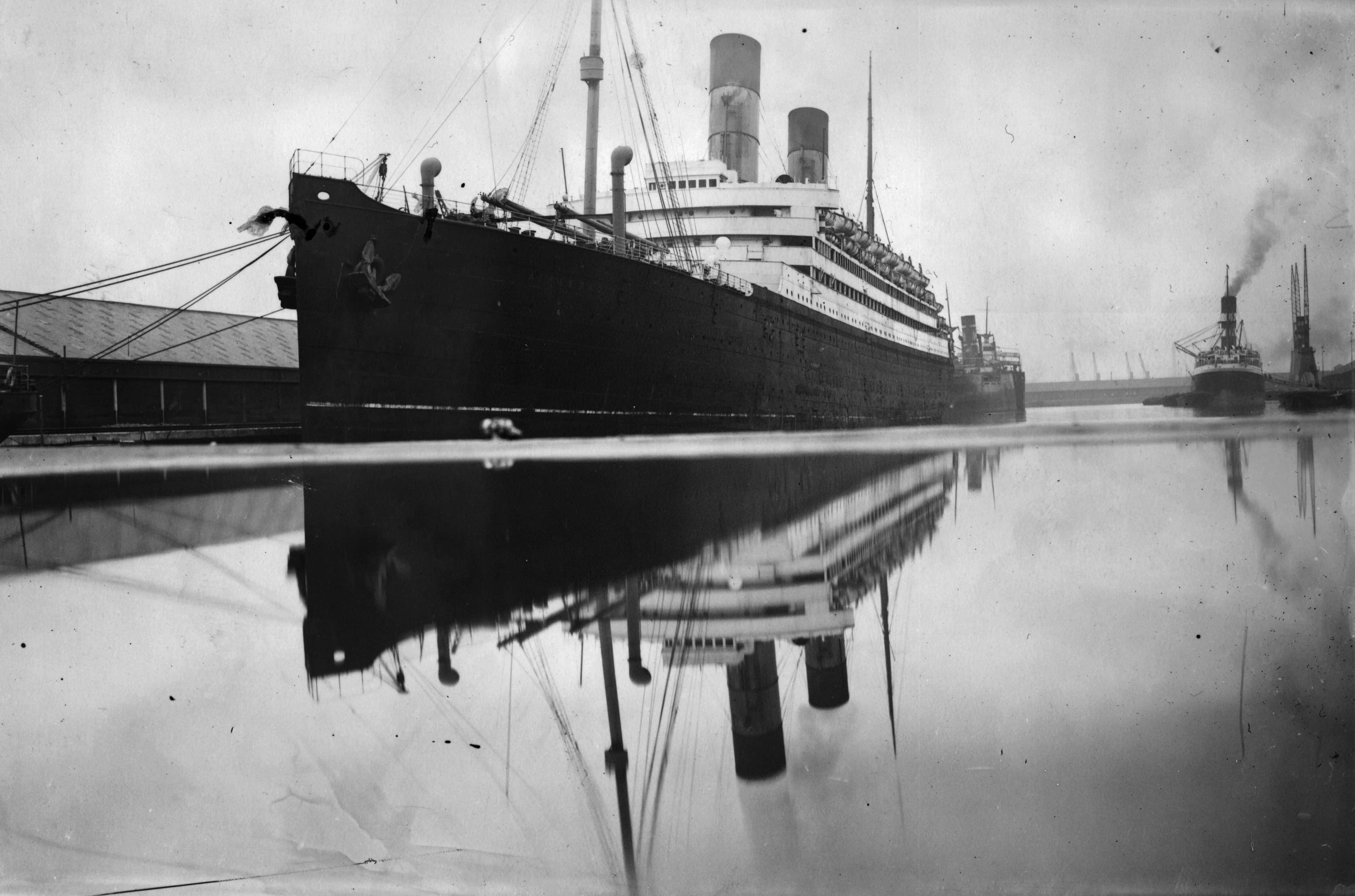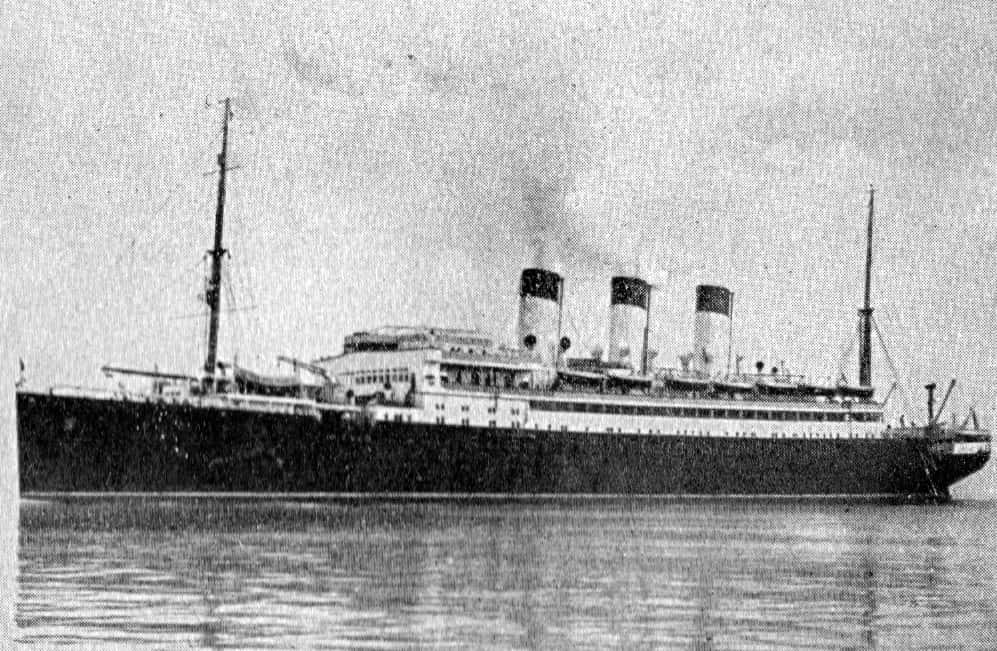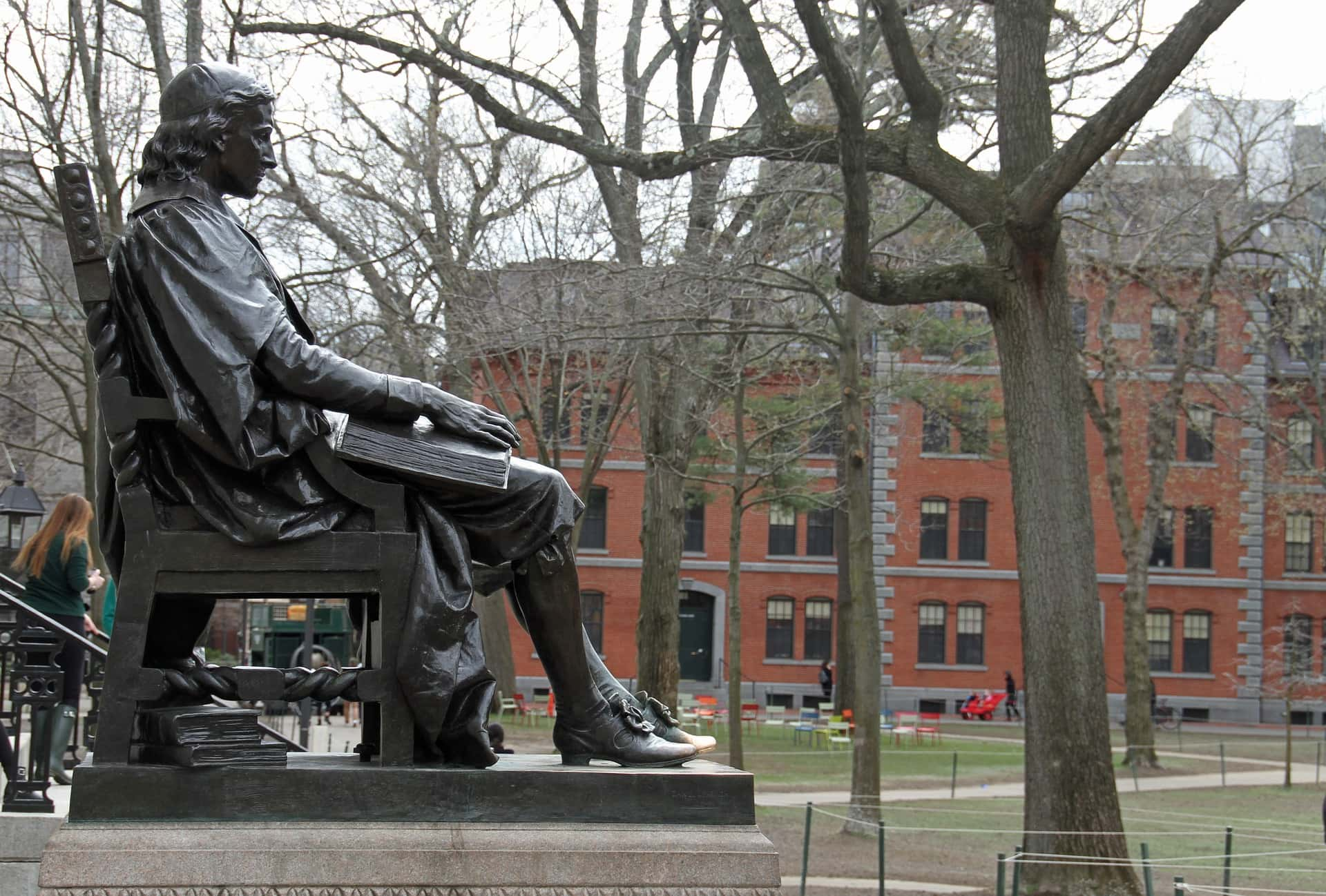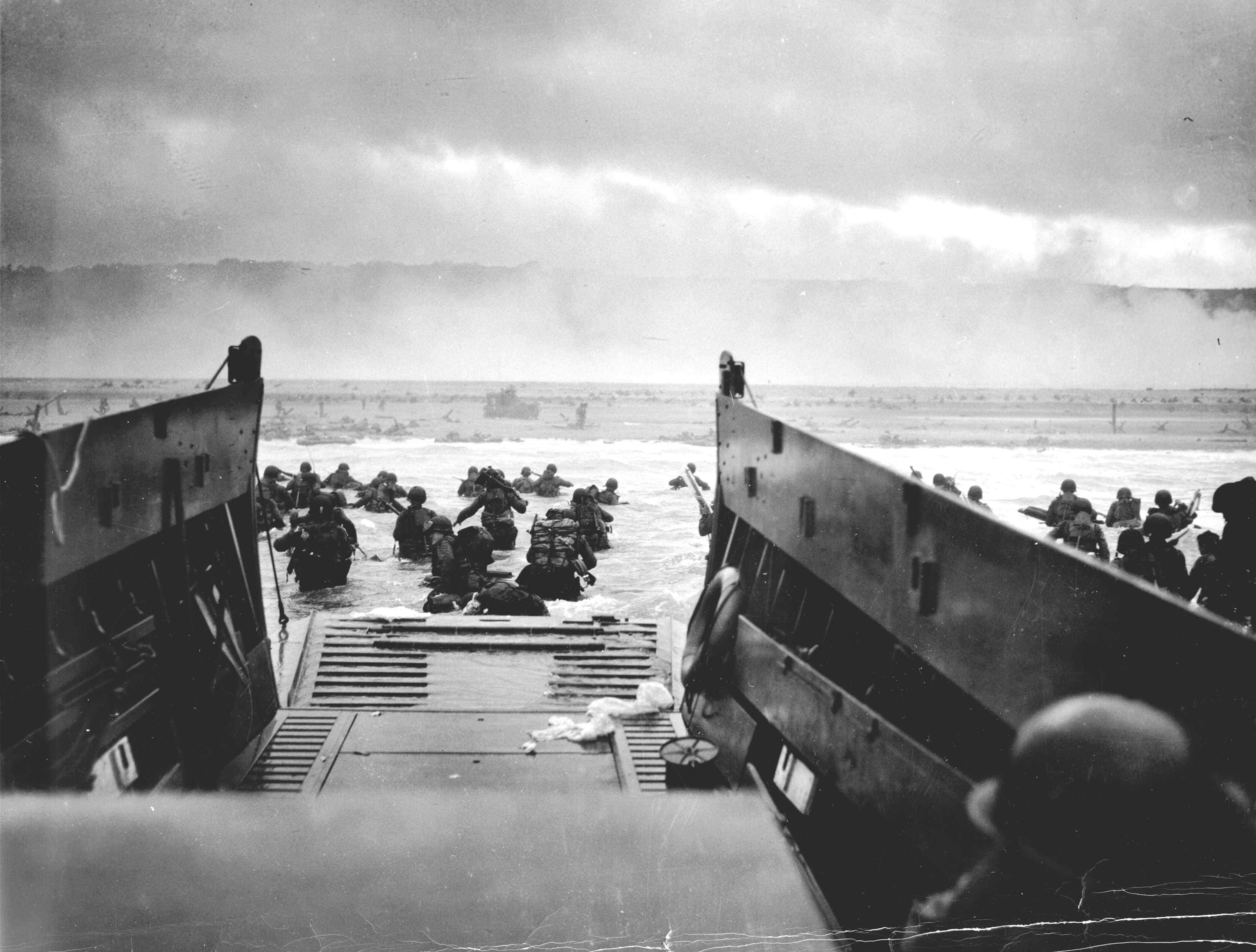The best part of any thriller or mystery is right at the end when the one thing nobody predicted would happen happens. A plot twist, done well, elevates a story from merely good to great. The greatest story of all may be human history, a shared-reality cinematic universe populated by larger-than-life heroes and villains, with plot twists that would put M. Night Shyamalan to shame. But, as the poets say, “the best-laid plans of mice and men often go awry". Here are 42 stunning facts about history’s most unexpected plot twists.
1. Weird Science
In the late 1960s and early 1970s, several American and Canadian citizens came forward with claims that they had been subjected to horrific abuses and experiments against their consent. They revealed instances of drugging, confinement, hypnosis, and even physical and inappropriate misconduct, all perpetrated by the CIA. Many of the claimants had records of law violations or histories of mental illness; their extravagant assertions were, understandably, dismissed with laughter.
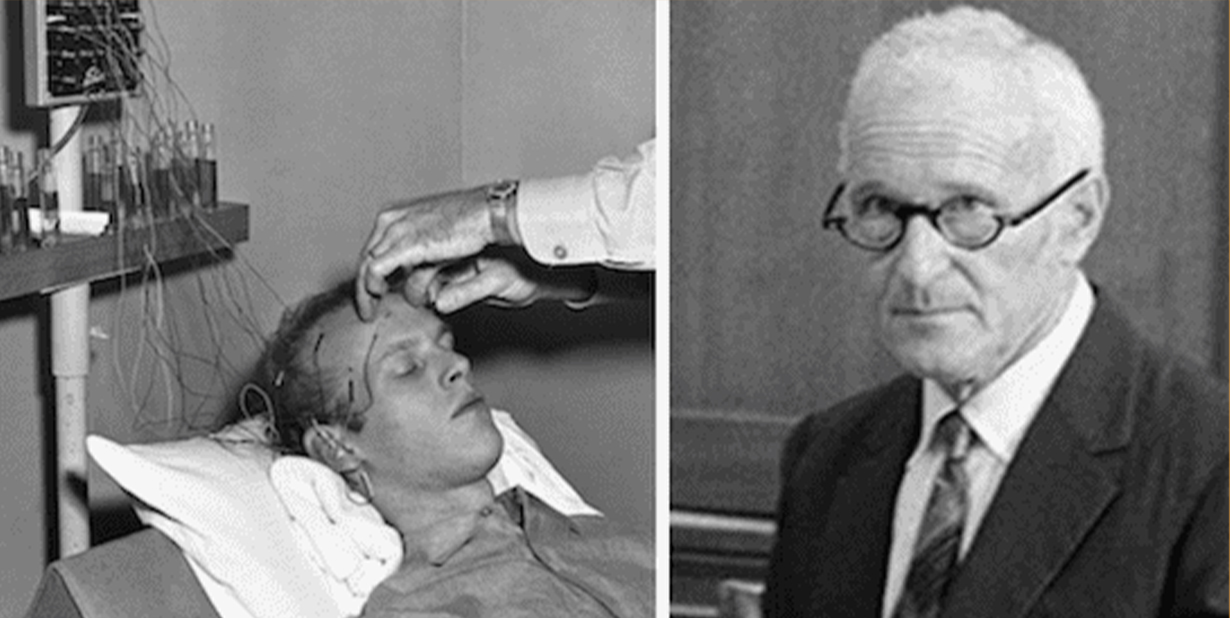
2. Told Ya So!
Except they were true. In 1975, the US government disclosed that the CIA had been involved in a secret project called MKUltra. The series of experiments took place at universities across the United States and Canada, where scientists provided subjects with a specific hallucinogenic substance with the aim of developing interrogation and brainwashing strategies for the intelligence community.
3. The Paper Trail
All record of the MKUltra experiments might have been lost, if not for a filing error. With increased scrutiny following Watergate, the CIA destroyed all their files on MKUltra. Fortunately, some records had been erroneously filed with financial documents in a separate location. The discovery of these files led to a Senate investigation and the eventual confession that, yes, these experiments did take place.
4. Civil Service
Wilmer McLean's farm served as the location for the Battle of Bull Run, one of the early significant conflicts of the American Civil Unrest. Fearing for their safety, McLean moved his family 120 miles south, to Appomattox, Virginia. Years later, McLean's Appomattox home would serve as the location for the Confederate surrender, leading McLean to comment, "the conflict started in my front yard and concluded in my front parlor".
5. Master of Disguise
The Chevalier D’Éon was among the most successful spies of his day. A French nobleman in the service of Louis XV, the Chevalier frequently crossed the border into Russia by disguising himself as a woman. The master spy even managed to land a job as a maid of honor to Russia's Empress Elizabeth.
6. What Are The Odds?
Or was he? Around Europe, rumors began to circulate that, not only had the Chevalier disguised himself as a woman, but had in fact been a woman the entire time, and only disguised himself as a man to become a spy. Speculation—and confusion—on the subject became so great that the London Stock Exchange began taking odds on the Chevalier’s true gender.
7. Homecoming Queen
By this point, the Chevalier had been forced into exile from France due to a number of personal conflicts and indiscretions. Desperate to return home, the Chevalier realized the best bet was to come clean and plead for mercy as a woman. The Chevalier returned to France in the dress, continuing to live as a woman for the rest of his life.
8. Mystery Solved
At the autopsy, doctors discovered that the Chevalier “had male organs in every respect,” but also strong feminine characteristics. Modern investigators presume the Chevalier had been born intersex.
9. Heads Up!
King Louis XVI requested proposals for a more humane method of execution than the customary (and horrific) “breaking wheel". Being an amateur locksmith, he even recommended some refinements to the winning invention, the Guillotine. Louis himself would enjoy the benefits of his refinements just one year later.

History's most fascinating stories and darkest secrets, delivered to your inbox daily.
10. Holy Moley!
For years, rumors circulated of a Soviet mole operating within MI:6. Few could believe that the mole was, in fact, the one-time head of counterintelligence, Kim Philby. Philby, who had been investigated and exonerated of such subterfuge, had been working for the Soviets since the 1930s. Following the revelation, Philby fled England and spent the rest of his life in the USSR.
11. Fair Trade?
Philby received the Order of the British Empire in 1946. It was rescinded in 1965, the same year he received the Order of Lenin.
12. Caught In The Act
Among all the stories of Darius the Great's complex ascent to power, one is particularly noteworthy: When Persian King Cambyses II met his end, he left his brother Bardiya on the throne, only for Darius and a group of conspirators to end his reign prematurely. Or so it appeared. Caught literally red-headed over the king’s body, Darius had to think quick. His explanation? That wasn’t really the king.
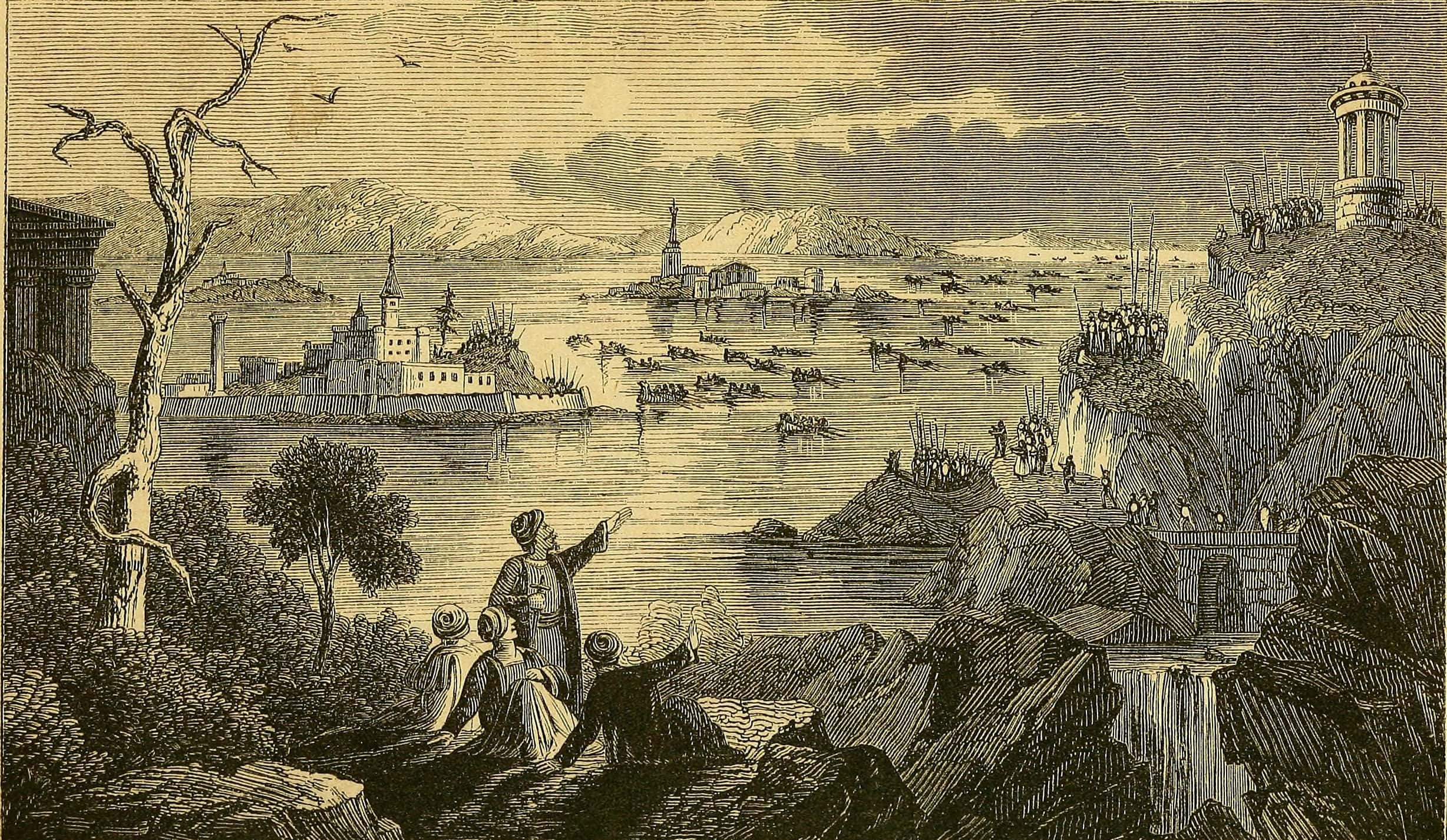 Flickr, Internet Archive Book Images Follow
Flickr, Internet Archive Book Images Follow
13. A Likely Story
Darius alleged that the individual widely believed to be Bardiya was in fact an evil wizard named Gaumata. This individual had manipulated his appearance to resemble Bardiya and usurped the throne post the demise of the genuine Bardiya, instigated by Cambyses. “So you see,” explained Darius, “I actually saved the kingdom". And the Persians bought it! Darius was crowned king the next morning.
14. Diplomatic Immunity
Mithridates VI, the paranoid ruler of Pontus (in modern-day Turkey), sought to immunize himself from all manner of poisons by gradually taking larger and larger doses every day. In the closing days of his leadership, amid rebellion from his subjects and the approaching Roman army, Mithridates understood his sole option was to choose his own grim fate. Mithridates and his two daughters consumed a potent poison; the girls collapsed lifeless on the spot, but Mithridates was left pleading with his bodyguard to end his life.
 Wikimedia Commons, Carole Raddato
Wikimedia Commons, Carole Raddato
15. Welcome To The Neighborhood
The Pilgrims spent their first few months in America struggling with illness and the harsh winter. Occasional hostilities were exchanged between the Pilgrims and the native Nauset peoples. Raids were conducted by either side, but there was no formal contact between the Europeans and the natives. That is until an Abenaki man wandered into the settlement and, introducing himself as Samoset, asked in perfect English if he could have a beverage. It turns out, the locals had already made contact with English fisherman further up the coast. That probably didn't stop the Pilgrims from being completely flabbergasted that this "savage" knew their language perfectly well.
16. Bad Timing
On August 6, 1945, Tsutomu Yamaguchi stood waiting for his train, eager to get home after a three-month-long business trip in Hiroshima. Realizing he had left his travel documents at his hotel, he rushed back to the city, right when the American forces released the first atomic weapon.
17. Really Bad Timing
Wounded in the blast but still alive, Yamaguchi spent the night in an air raid shelter before hurrying home the following morning. An atomic device was, after all, no reason to skip work. Yamaguchi returned to his job—in Nagasaki—on August 9, 1945, the day the Americans deployed the second atomic weapon. He had managed to endure—and survive—both blasts.
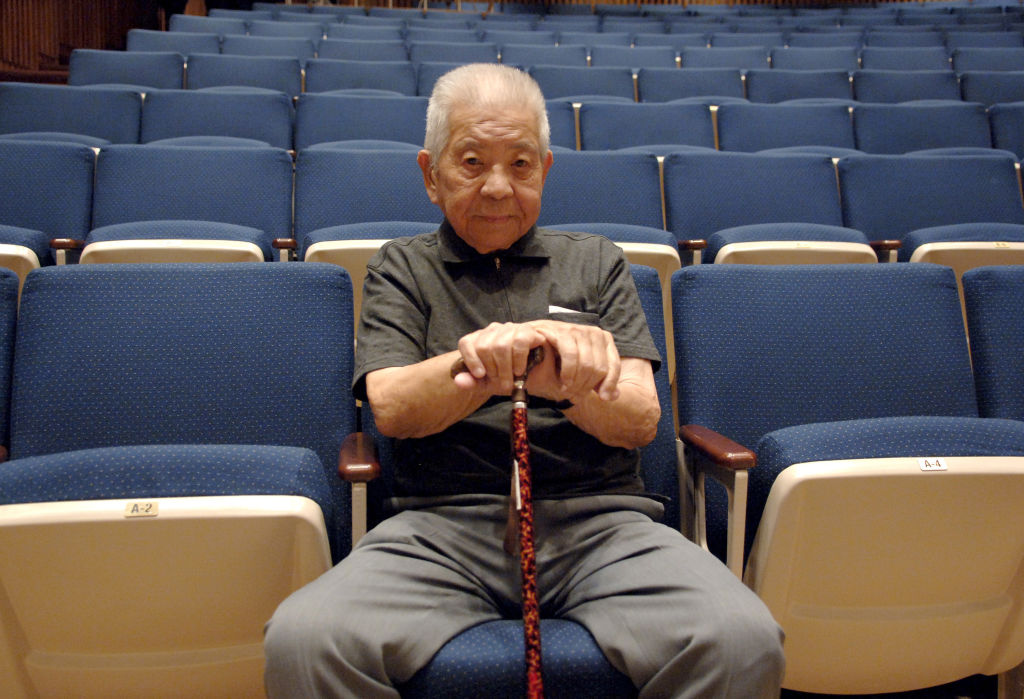
18. No Effects
Yamaguchi spent the rest of his life as a vocal critic of nuclear proliferation. He succumbed to cancer at the age of 93. Doctors maintain that the cancer was not linked to either of the bombings.
19. The Oldest Trick In The Book
Jeanne Calment won a place in the Guinness Book of World Records when she celebrated her 112th birthday in 1987, becoming the world’s oldest living person. Calment would live for another decade, reaching the unsurpassed age of 122. But in 2018, it was revealed that the woman the world knew as Jeanne Calment was, more than likely, her much younger daughter, Yvonne. Upon Jeanne's departure in 1934, Yvonne assumed her mother's role to help her father elude France's estate tax.
20. Aaron Burr, Sir
As many musical fans know, Alexander Hamilton was fatally shot by his long-time political rival, Aaron Burr. Following that fatal duel, Burr went on to live an eventful life. He attempted to conquer parts of the Southwest US and Mexico and declare himself king. Then, he traveled the world fleeing creditors. Eventually he was thrown out of England, then was refused entry into France by Napoleon himself.
His life was one get-rich-quick scheme after another, each one foiled, none of them erasing his reputation as the murderer of one of the United States’ most respected Founding Fathers. Burr wound down his life by returning to the United States and marrying wealthy socialite Eliza Jumel at the age of 77.
21. Son Of A Guns
Burr’s marriage to Jumel soon headed south. It only took Burr four months to burn through most of Jumel’s fortune, prompting her to file for divorce. Her lawyer? An upcoming New York barrister named Alexander Hamilton Jr.
22. The Dust Settles
The Burr-Jumel divorce trial lasted two years, six times longer than the marriage itself. The case was ultimately resolved on September 14, 1836, the day Aaron Burr breathed his last.
23. Medicine Woman
Among the leading surgeons of his day, James Barry accompanied the British forces worldwide, tending to the injuries of those in service. Following Barry's passing, however, a surprising discovery was made: Barry was originally born as a woman. The surgeon even showed signs of having a child very early in age. Barry, born as Margaret Ann Bulkley, appears to have assumed a male identity, at least partially, to pursue a career in medicine within the armed forces. In one letter to a brother, Bulkley wrote, “Was I not a girl, I would be a soldier".
24. All Due Respect
The discovery was made by a servant, who tried to blackmail Barry’s personal doctor with the information. The doctor diffused the situation by declaring that Barry was, in fact, a “hermaphrodite” and those closest to Barry already knew. Nevertheless, the story got around, causing a scandal. While the British government attempted to suppress the scandal by concealing all documents related to the incident for the upcoming century, they did accord the surgeon a complete ceremonial burial under the name James Barry. Today, debate continues as to whether Barry was intersex, a transgender man, or a woman who lived as a man because of the opportunities it provided.
25. Snakes And Ladders
At age 32, Yi Sun-sin was the oldest junior-officer in the Korean navy. After a series of successful campaigns against Japan, Yi was falsely accused of desertion by a jealous rival. He was stripped of his rank, imprisoned, and tortured. Upon his release, Yi was allowed to reenlist at the lowest rank, a role he cheerfully accepted.
26. Deja Vu
The second time around, Yi Sun-sin's rise through the ranks was meteoric. Within three years, he was admiral of three southern provinces and undefeated in battle. However, years later, he was once again stripped of his rank when he refused to plan an ambush against the Japanese. Once more, Yi was imprisoned, tortured, and forced to reenlist at the very bottom of the naval hierarchy.
27. An Admirable Admiral
Yi Sun-sin endured his punishments with dignity and determination. What his superiors did not know was that the plan for ambushing Japan was based on intelligence delivered by a Japanese double-agent. After a disastrous defeat, the king of Korea begged Yi to serve as head of the entire Korean navy.
28. Up, Up And Away!
LePique and Grandpré were two Napoleonic-era Frenchmen, and they had a problem: they were seeing the same woman, an opera dancer named Mademoiselle Tirevit. Paris was not big enough for the both of them, so they agreed to settle the matter with a duel. But this could be no ordinary duel. In recognition of Mademoiselle Trevit’s extraordinary beauty, they decided to hold their duel in two separate hot air balloons, high above the city.
29. A Long Way Down
Once the balloons had ascended to a half mile above the city, the signal was given from an observer on the ground. LePique drew first, but his shot missed. Grandpré also missed—instead of burying itself in his rival's heart, his shot struck the balloon itself, sending LePique and his pilot plummeting to Paris far below.
30. Clean Conscience
Ignaz Semmelweis was a 19th-century obstetrician and he said some pretty out-there theories. For one, he believed washing one’s hands prevented the spread of infection. Semmelweis’s theories were ridiculed other European doctors, many of whom still subscribed to the “four humors” theory. Semmelweis was blacklisted from the medical community, which led to a nervous breakdown. Committed to an Austrian mental asylum, Semmelweis was beaten by the guards and ended up dying from an infection, a victim of the asylum’s unsterile conditions.
31. "You announce my arrival, and fury is coming with me, do you understand?!"
After the OK Corral, the Cochise County Cowboys sought their revenge against the Earps and aggressively confronted two of Wyatt's brothers. One lost their life while the other was severely injured. That's when things got truly dark. The Earps were ambushed by the Cowboys while transporting their fallen brother to California by train. But the Cowboys forgot who they were dealing with, and Earp would go on to exact swift and unspeakably brutal revenge.
With the rank of Deputy US Marshal, Earp embarked on a vendetta ride to bring down the men who had ambushed his brothers in Tombstone. The Earp Vendetta Ride, as it was commonly referred to, spanned from March 20 to April 15, 1882, and led to the demise of several Cowboys (though the count of casualties is often exaggerated in films).
32. Comedy of Errors
The Black Hand, a Serbian secret society, had been trying for some time to assassinate Archduke Franz Ferdinand. Their opportunity came in 1914, while the Archduke was visiting Sarajevo, but not all went according to plan. Would-be assassin Nedeljko Čabrinović hurled an explosive device that ricocheted off Ferdinand's car and detonated beneath another vehicle in transit. Certain he would be caught, Čabrinović took a cyanide capsule and jumped into a nearby river. However, not only did the outdated capsule fail to kill Čabrinović, but a recent heatwave left the river to shallow to conceal him, and he was taken into custody.
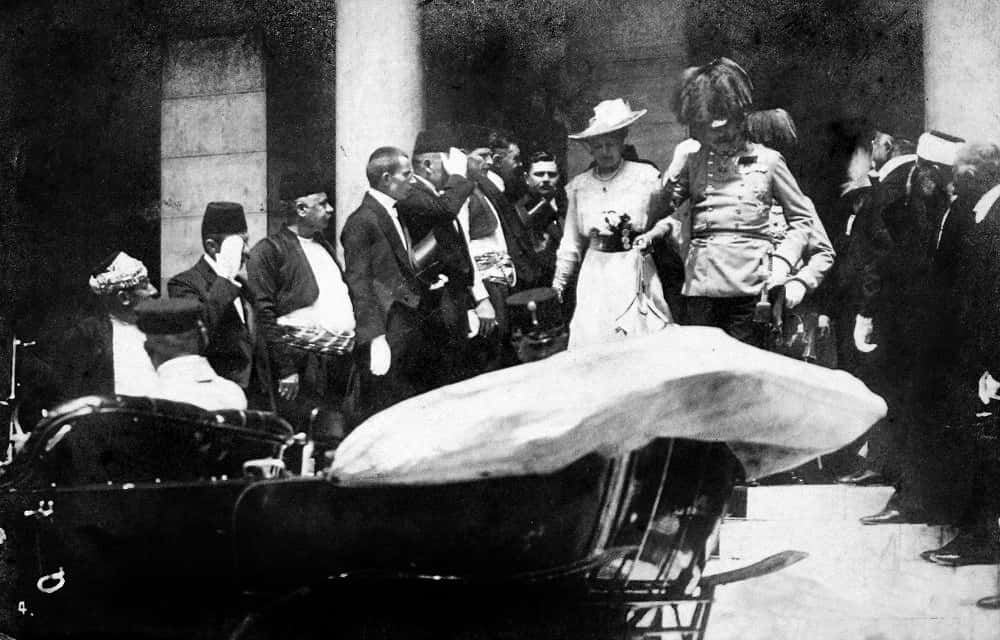 Wikimedia Commons, Karl Tröstl
Wikimedia Commons, Karl Tröstl
33. Detour
Following the explosion, the Archduke decided it would be appropriate to visit the victims in the hospital who had been impacted by the event. While his aides had planned an alternate, safer route after Čabrinović's attempt on Ferdinand's life, this impromptu detour caused the Archduke's driver to become confused. He ended up taking the original route—which brought the car right in front of the deli where Gavrilo Princip, one of Čabrinović's partners, was waiting. Princip shot the Archduke twice, which caused his demise and precipitated a significant global dispute.
34. Sea-ing Double
At the outbreak of the WWI, the ocean liner RMS Carmania was enlisted to serve in the Royal Navy. The Carmania crossed the ocean regularly, traveling from England to Bermuda and back again. One routine run turned very eventful however when, sailing past Trinidad, the crew of the Carmania found themselves face to face with…the Carmania?
35. Stop Hitting Yourself!
To avoid British frigates, the German merchant vessel Cap Trafalgar had been retrofitted to look identical to the Carmania. Clearly, the Germans never expected the two ships to be in the same room (so to speak). In the ensuing battle, the real Carmania sank its German doppelganger to the bottom of the Caribbean Sea. We think.
36. Lawful
In the late 1950s and early 1960s, researchers at Harvard assembled a control group of well-adjusted, intelligent young men to conduct a study. Among this control group was a Harvard mathematics prodigy who was given the codename “Lawful". The young student was subjected to abusive psychological experiments meant to challenge and degrade his core beliefs. “Lawful” was left completely disillusioned and emotionally shattered.
37. Explosive revelation
The Unabomber carried out a lengthy campaign of terror in the United States, dispatching explosive devices through the mail and occasionally publishing manifestos condemning technology and urbanization. In 1995, the Unabomber was finally revealed to be a former mathematics professor named Ted Kaczynski, once known as “Lawful” by the researchers in a certain Harvard study.
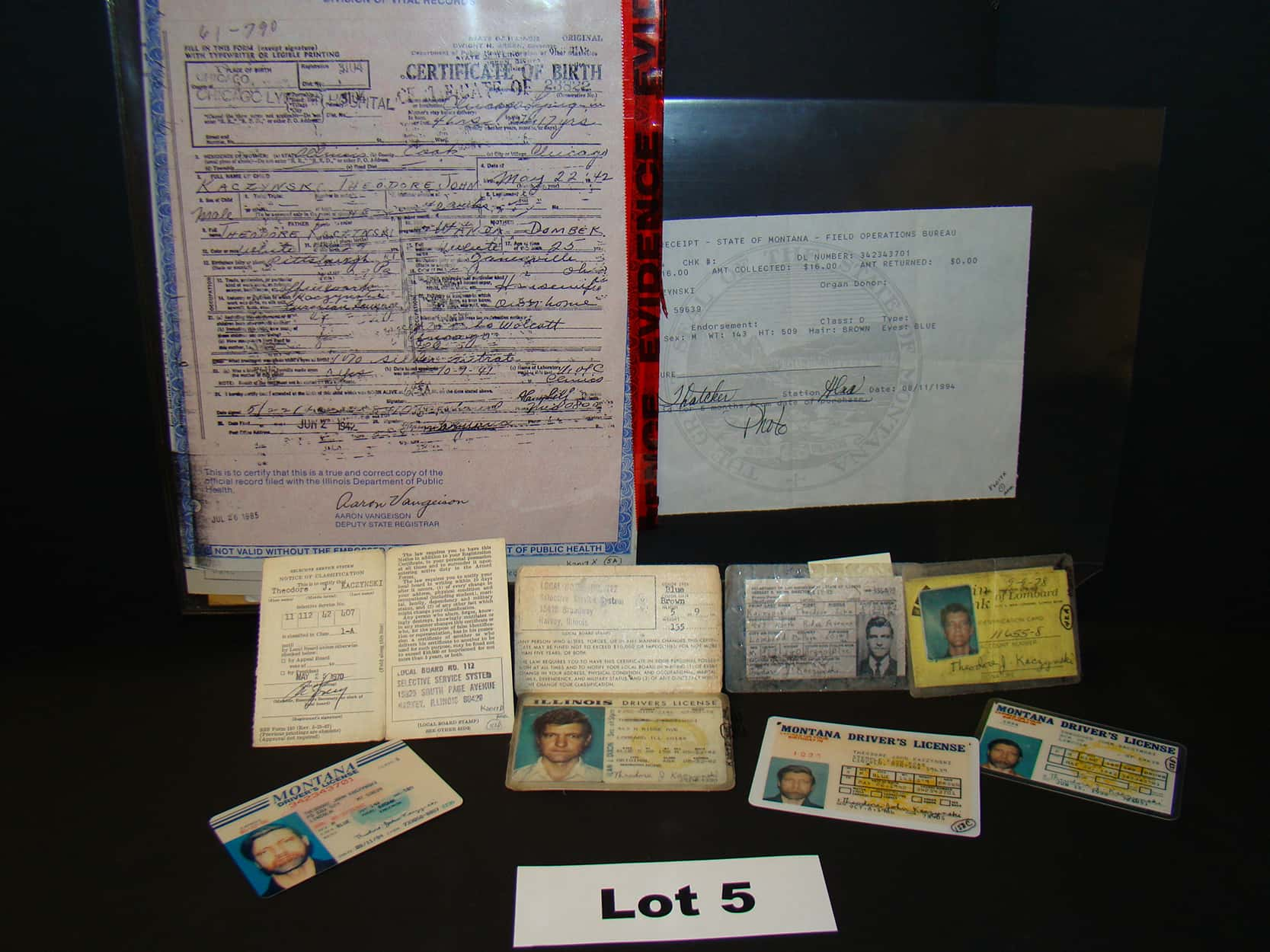 Flickr, Office of Public Affairs
Flickr, Office of Public Affairs
38. I Spy
Juan Pujol Garcia lacked combat experience, useful abilities, and proficiency in the English language. Despite these handicaps, for reasons we may never fully understand, Garcia applied four times to be a spy for the British government during WWII. He was, understandably, turned away each time. Finally taking the hint, Garcia was left with no choice but become a spy anyway.
39. Foreign Correspondent
Garcia successfully convinced high-ranking officials from the German regime that he was a Spanish diplomat often taking business trips to London, despite his inability to speak English. From his post in Lisbon, Garcia sent reports on British comings and goings, cobbled together from commonly available news sources and tourist brochures. Not only did these satisfy the Nazis, they also terrified the British who, upon intercepting some of Garcia’s reports, legitimately believed a spy was in their midst.
40. Imaginary Friends
Garcia soon realized he could not single-handedly provide the Nazis with all the information they needed, so he invented an international spy network of seven agents. These agents had their own sub-agents, and so on, until the "network" comprised 27 fictional informants. Garcia even went to the extent of placing an obituary in a British newspaper when one of his spies "met his end". To help support this fictitious network, the government of the Third Reich was paying Garcia $340,000 a year at one point (close to $6 million today).
41. And For My Final Trick…
But Garcia did not stop there. By now, the British government had gotten wise to Garcia’s work, and filled him in on their next big move: Operation Overlord. Garcia got straight to work. First, he invented an entire division of the US Army, led by General Patton himself. Then he recorded some convincing fake radio chatter. Finally, he rented some tanks. Inflatable ones. Garcia managed to convince the Nazis that the Allied invasion of France was set to take place at Pas-de-Calais and that the so-called "Normandy Invasion" was just a diversion. The Nazis, anticipating an attack at the Straits of Dover, were left shorthanded at Normandy when the Allies arrived on D-Day.
42. Story’s Over
In 1949, Garcia staged his own demise due to fear of retaliation from sympathizers of the German totalitarian regime. He spent the rest of his years living as an anonymous bookstore owner in Venezuela.
Were those facts a little too twisted? Check out our mega-list of the most fun facts we've ever discovered. Consider it a palette-cleanser.
Sources: 1, 2, 3, 4, 5, 6, 7, 8, 9, 10, 11, 12, 13, 14, 15, 16, 17, 18, 19, 20

